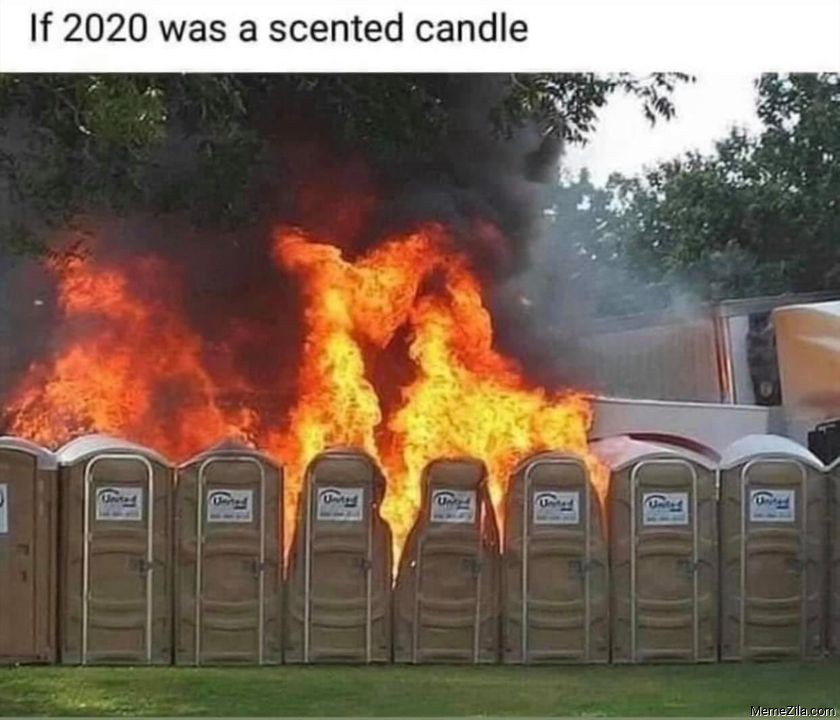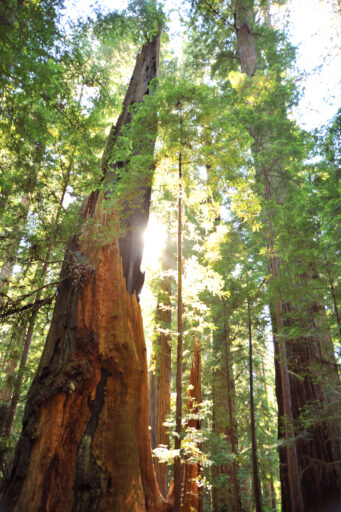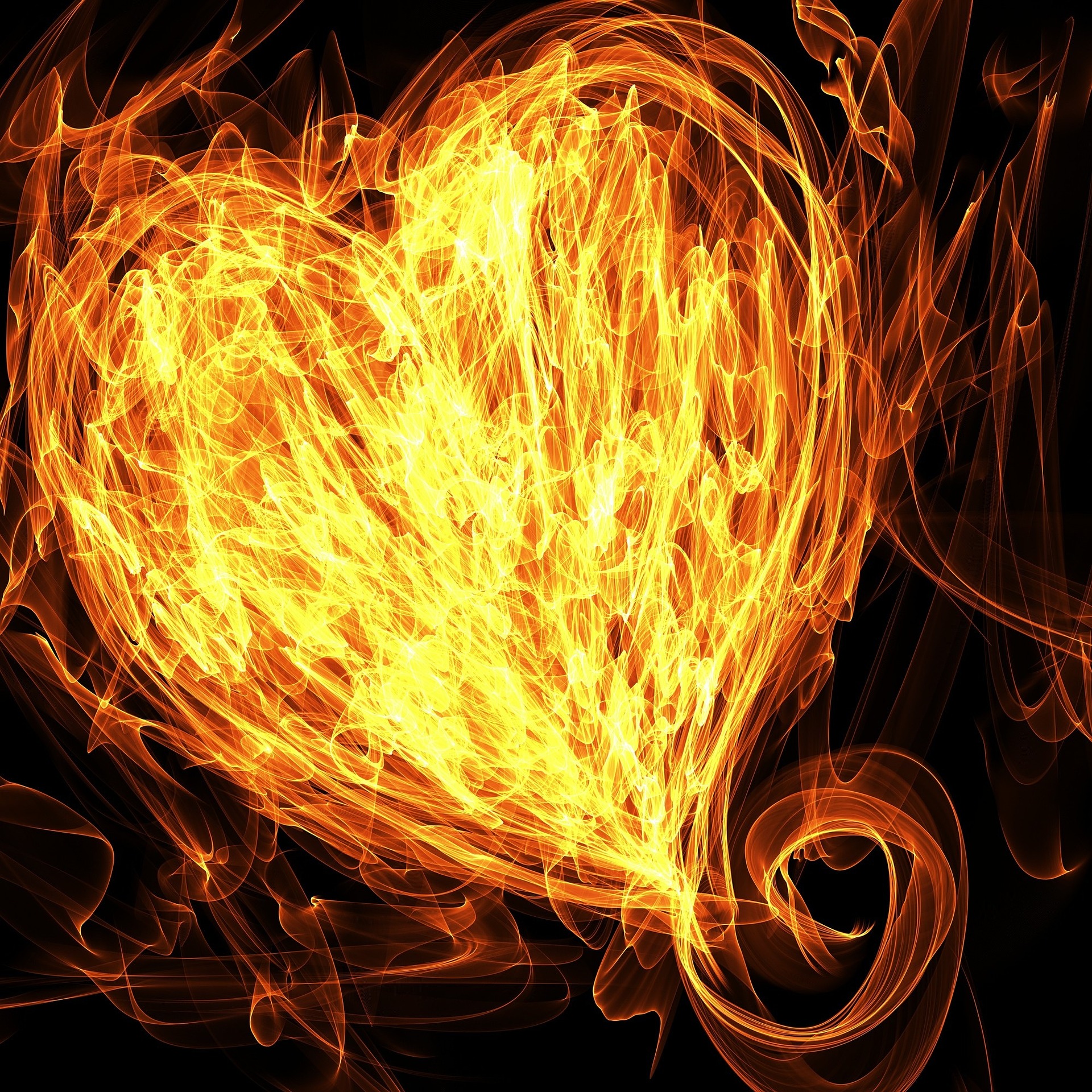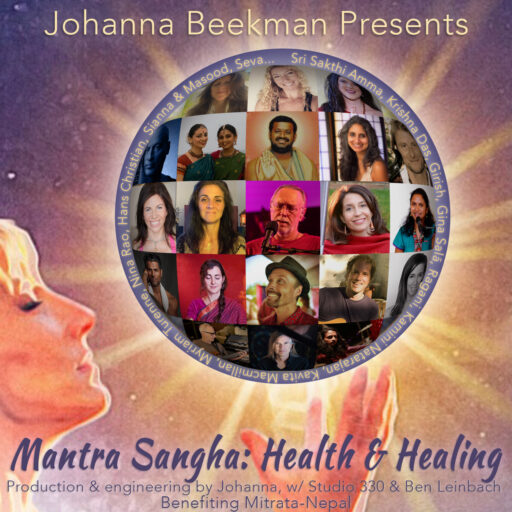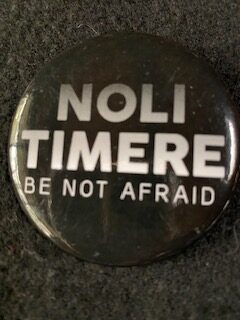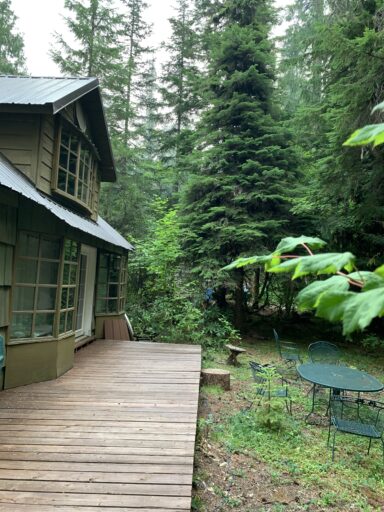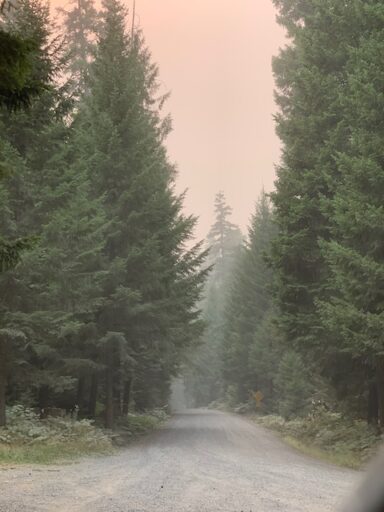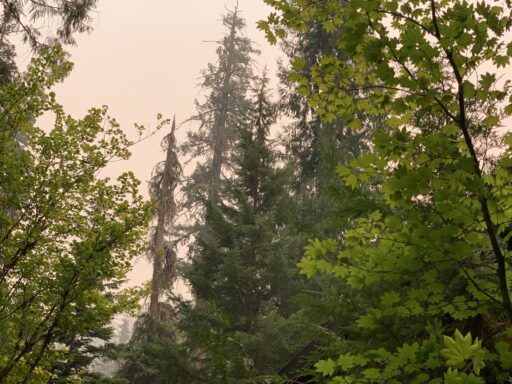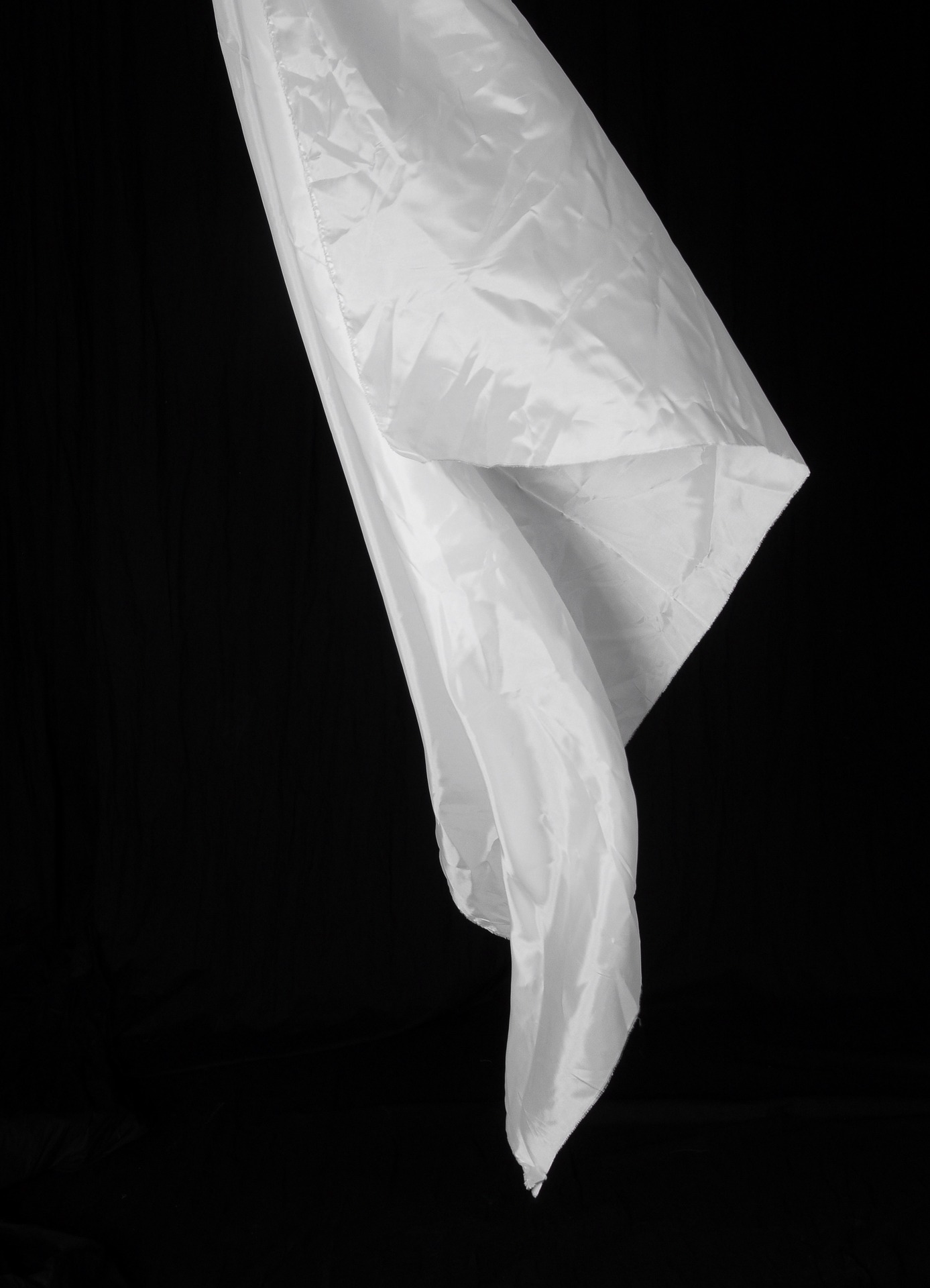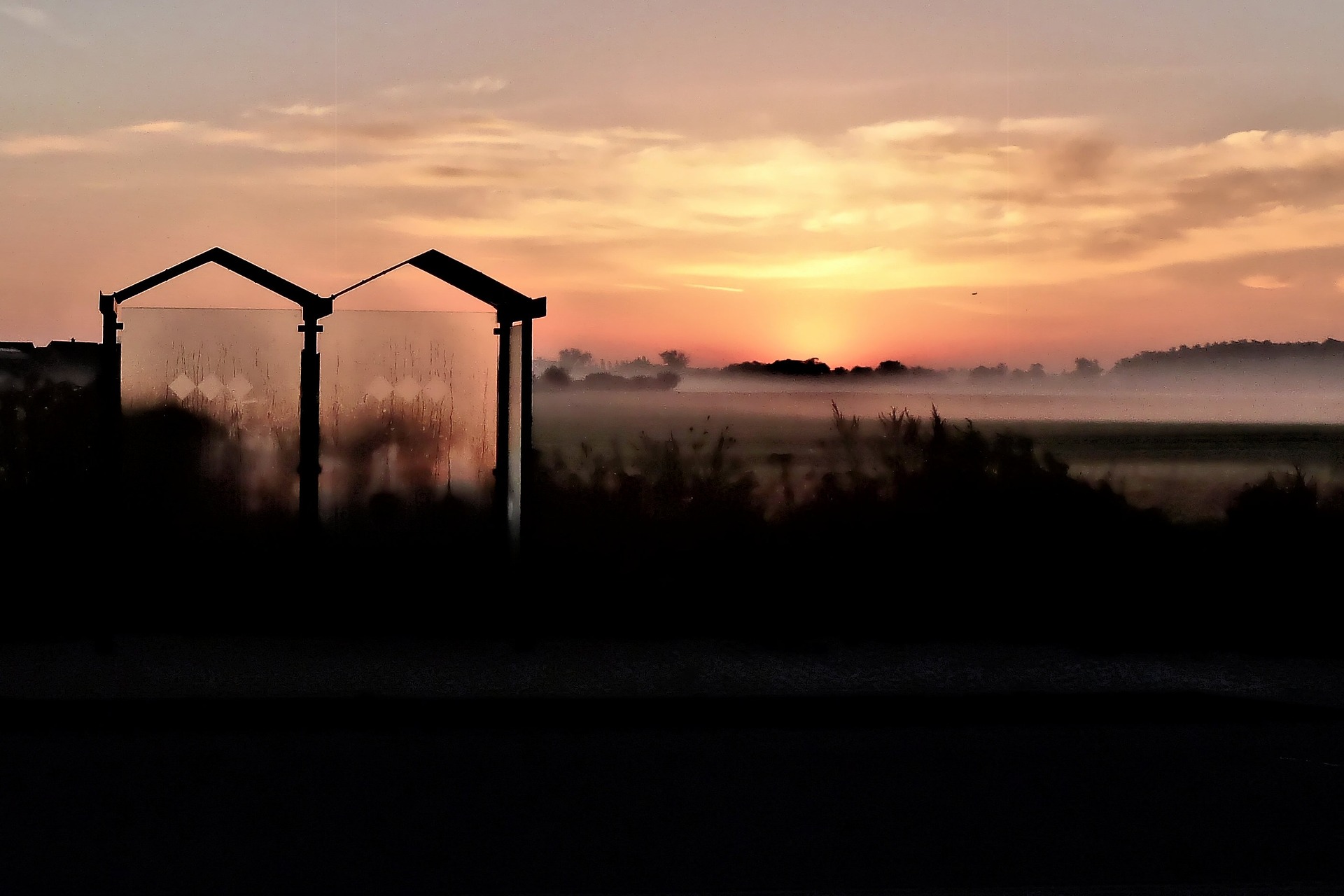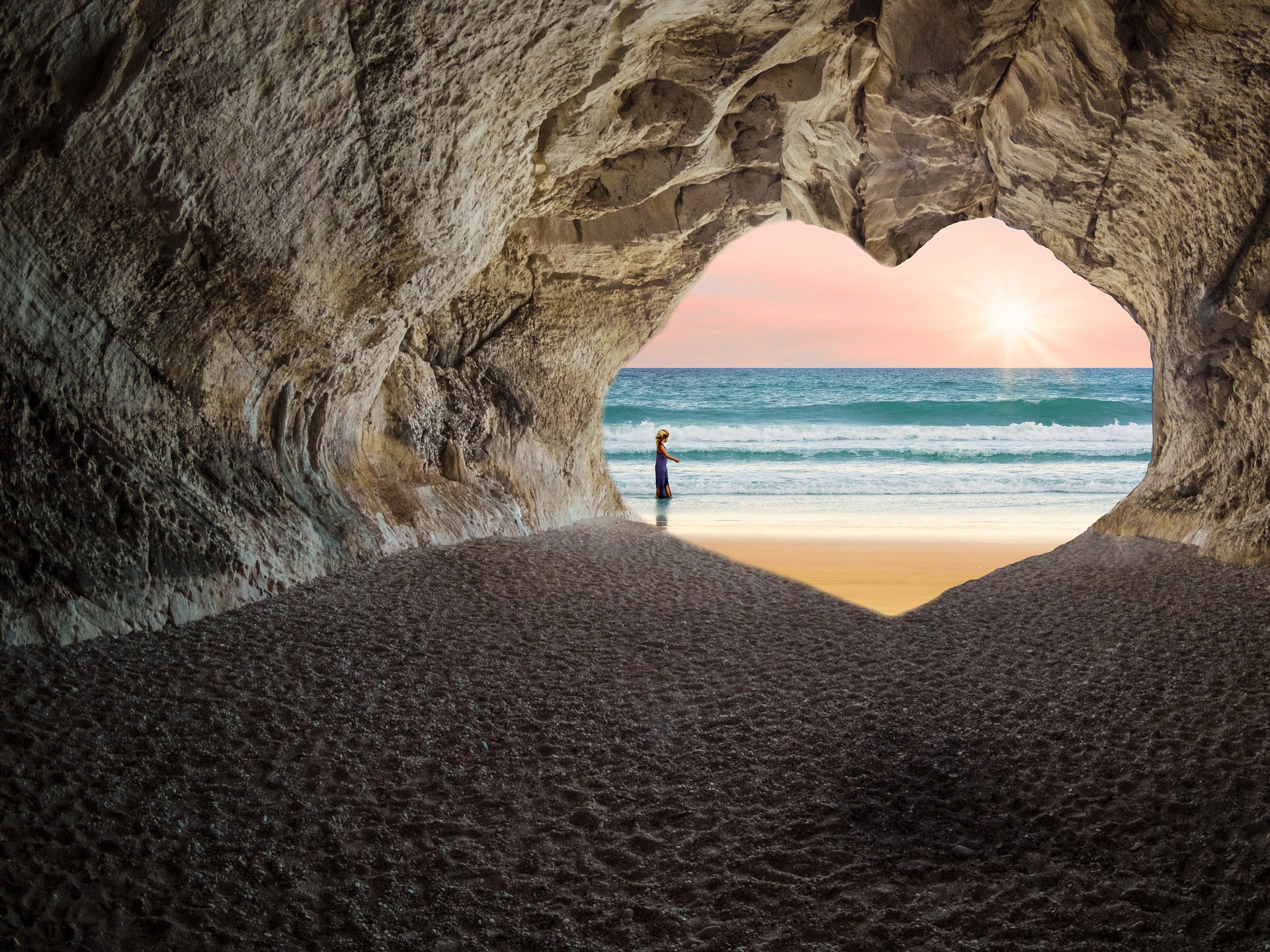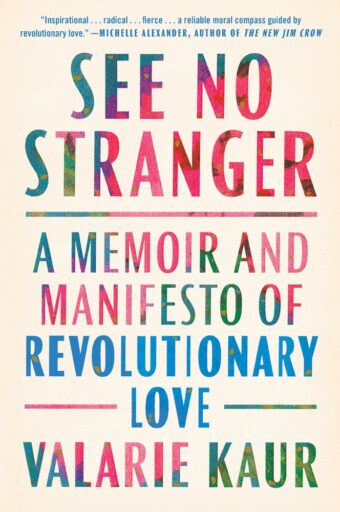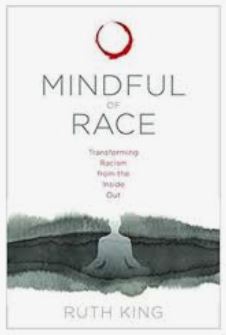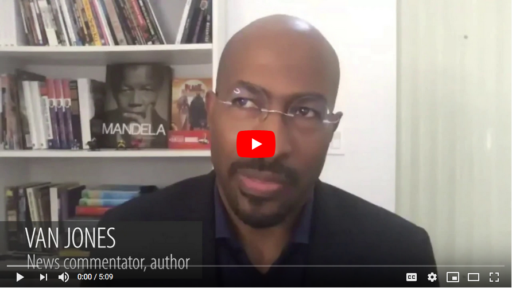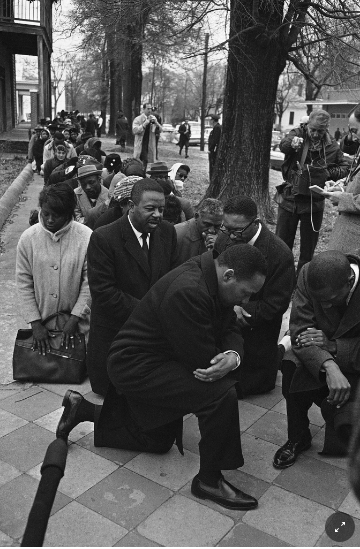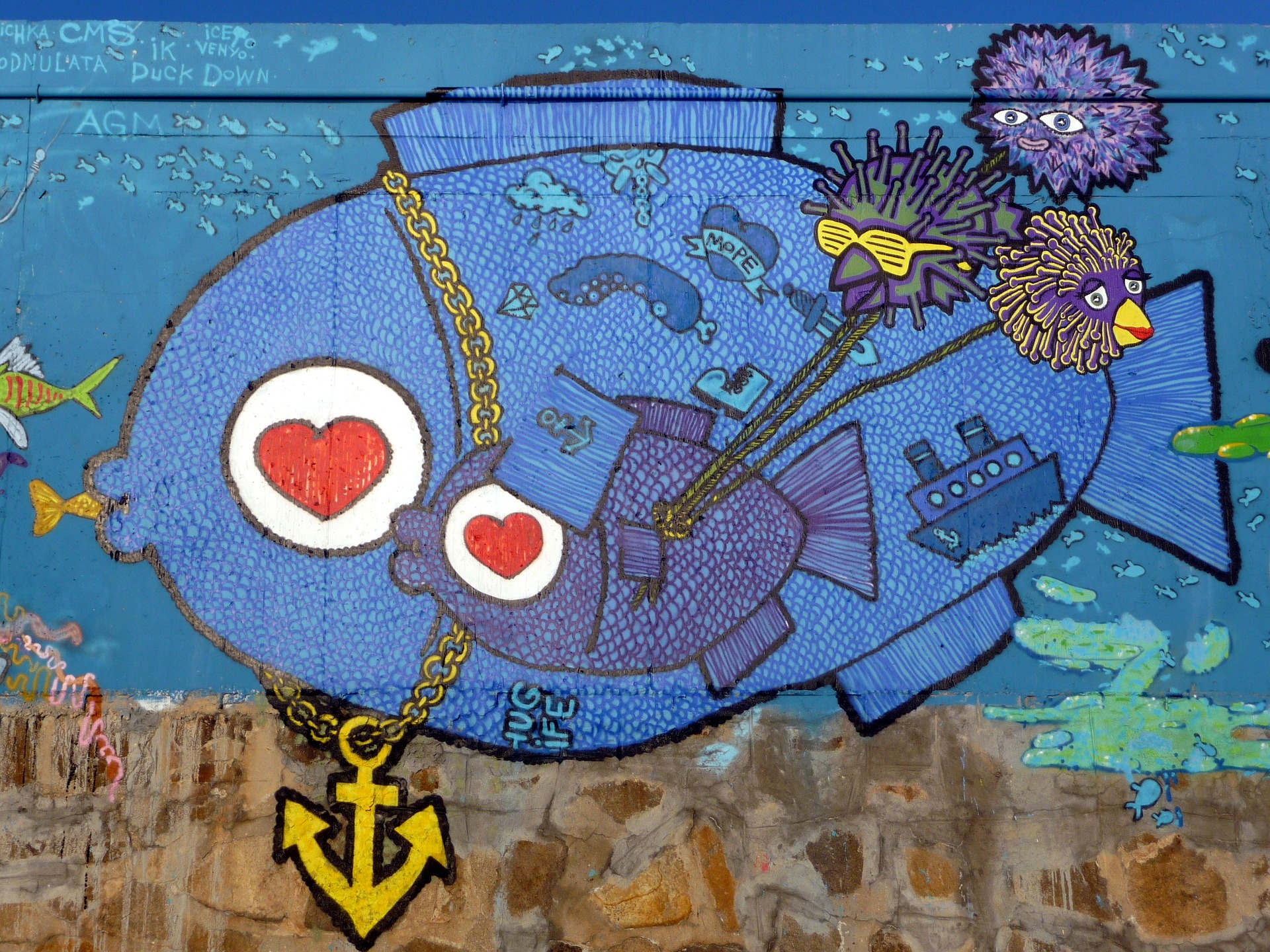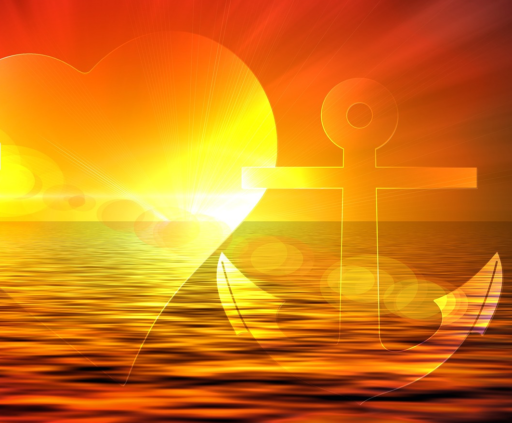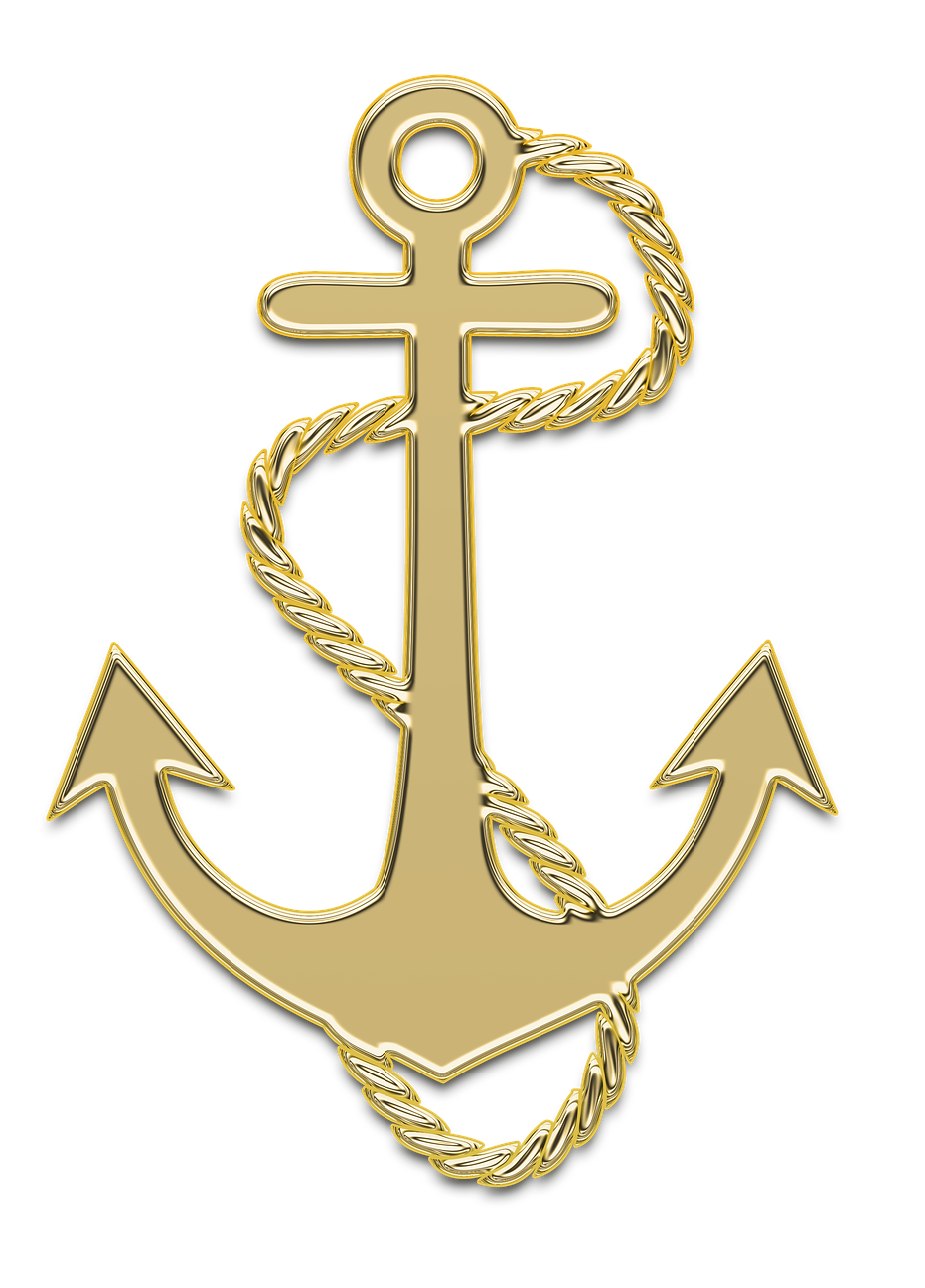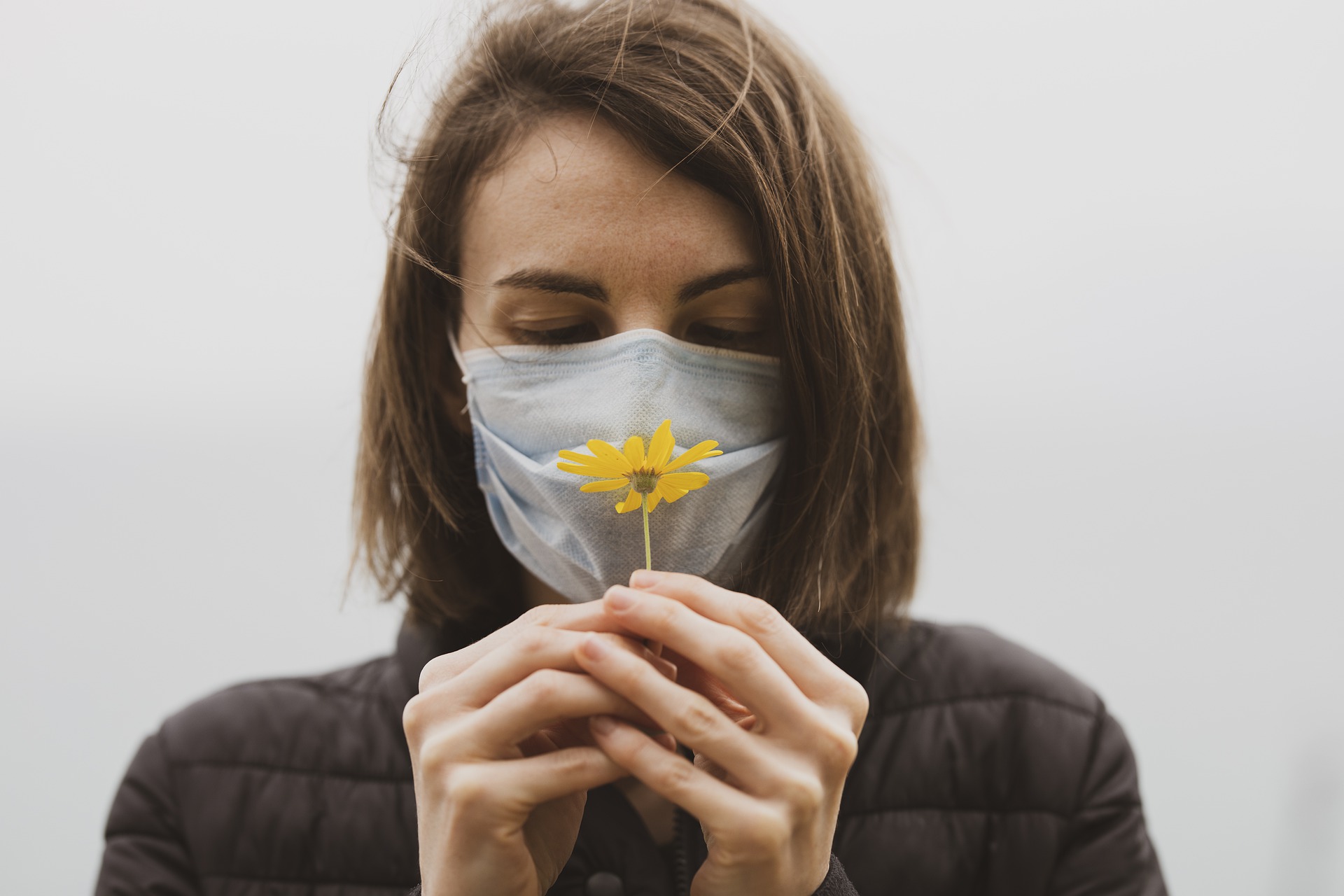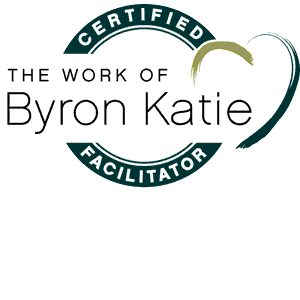Twisting, Bending, and Holiday Nirvana
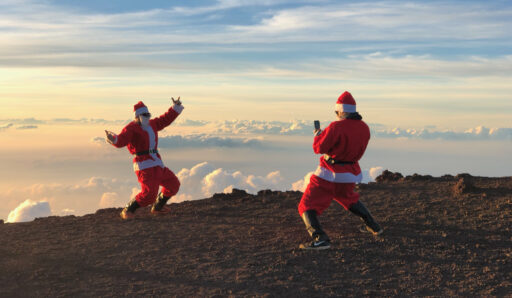
A couple of weeks ago, only a few days I after I wrote a blog about my firm resolution to pay attention to my body’s subtle cues, I had a little stumble, a little fall, resulting in some sore ribs. Nothing I couldn’t ignore.
A couple of days later, congratulating myself on my quick recovery, I went back to my regular yoga class. As I twisted and then stretched into a forward bend, I felt a slight click, something I had always called an adjustment, For a moment I thought I that once again yoga had offered its magical relief. As I began to move into Tadasana, a muscle spasm took me to the floor. What had felt delicious the day before prevented me from getting off my mat, and I only got into a wheel chair with the help of friends.
For the week that followed, which included a long holiday, a muscle spasm got my attention nearly full-time, day and night, So much for subtle listening. I’m not saying that there weren’t certain benefits to being served a turkey dinner by my family, but to tell the truth it wasn’t worth it.
Since then, a couple of gifted bodywork detectives helped me to trace the injury to hyper flexibility, something I had thought was a good thing. What a revelation! I’m told by my best allies that without enough strength, flexibility can be dangerous. Apparently my muscles came to the rescue when they seized, protecting those fragile ribs and the essential organs beneath them. What a clever body! But hardly subtle; apparently this is what it took to get my attention.
I had plenty of time to lie around and reflect on the situation, a yummy opportunity for a metaphor junkie. And what I noticed is that my usual habit to tend, to befriend, to find harmony with win/win solutions, has basically resulted in the habit of back-bending a bit too far. Occasionally all this stretching and allowing has cost me money. But more often the cost is hidden. When I abandon my own strong knowing, it may please others, but it takes a good while to begin to trust myself again.
As luck would have it, this is also the holiday season. The exact time that the Back Bender tends to take over, for all the seasonal reasons, both joyous and overwrought.
As I hauled my yoga mat up the stairs to class today, the pain was gone. I know the strength will return in its own time.
Gradually my body will thank me for my patience. Or, better yet, it won’t have the need to yell at me to get my attention. Now that sounds like a perfect gift for the two of us, my body and me.
May you find joy in standing firm this season, even as you embrace the flexibility of an open mind. May you listen to your body’s wise guidance, even as you celebrate all the life it gives.
Serving This Body
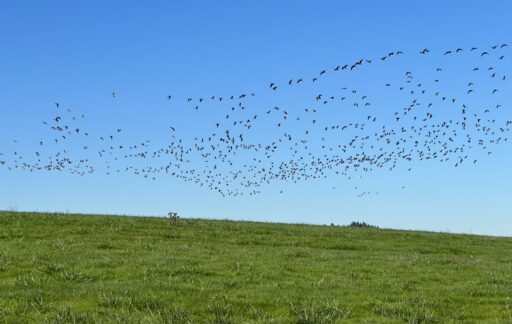
|
Until I arrived at a ripened middle age, I truly had no idea how little attention I paid to my body, mostly expecting it to function fully with little supervision, whether I was asking it to conceive and give birth or to run a couple of miles. And this body just did as required, with only a few protests or sprains. I realize now how very lucky this is. Also, how oblivious I was. While I was believing that youth made me impervious, some of my peers were already quietly dealing with life-altering diagnoses. I turned fifty and then sixty, and gradually a bit more maintenance was required. Next came surgery. I replaced twisted and worn-out old parts. Not painless, but I’ve been able to walk and dance and do most yoga poses again. And, hey, at least I haven’t found myself in the organ-replacement line. Since I hit seventy, more of my friends have been visited by serious conditions that have taken over their lives. A few have had the time in their bodies run out. Gratitude visits daily as I recognize this good fortune. During this past decade an irregular heartbeat required a couple of trips out of state to get back in rhythm. Since then I’ve needed a few heart-stopping reboots (aka cardioversions, nowhere near as scary as they sound). And still through the miracles of modern medicine I’ve been allowed to basically ignore my body once again, although I do feed and water it regularly, Although my outer hearing is still good, my inner hearing could use serious amplification. Sometimes when I’m meditating I scan this body and I see how hard it still is to attend to the signals, which might as well be made of smoke some days. I remember the part of my younger self that either ignored or bullied this immaculate living machine, while it went about handling its business without my head’s intervention. And I marvel at the many automatic systems that keep things running. But I also live with the consequences of my own bullying and self-neglect. I sincerely want to make it up to myself by finally giving my body the respect it has earned. I have begun to wonder what it would mean to claim mature leadership of my body. Recently the phrase Servant Leadership popped into my mind. This was something I’d learned about years ago when I studied organizational development. In a nutshell, a servant leader is one who shares power and puts the needs of the employees first, with the goal of helping people develop and perform as highly as possible. Instead of the people working to serve the leader, the leader exists to serve the people. Now this sounds just like the kind of relationship I want with my body, I think. Today I ask what it would be like to be a true Servant Leader of my body, as if I worked for it? This seems like a worthy goal as I mature fully into my wizened old age. And for once I listen. My body says Yes, somewhere around my belly button. It’s a good start. Saluting all your good starts. |
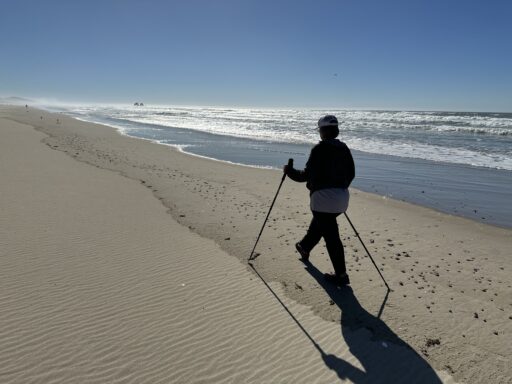
|
Call and Response
This body, this loyal servant
with promptings and desires
once manageable
or at least quiet and discreet,
unobtrusive as it went about
its everyday business,
This very body just expanded
its tech department,
added a Response Center Tower
with a basement ready to catch complaints
as they pump in from every organ and limb.
Lines are always busy,
but I try to check in at least once every day,
sometimes just so I can ignore
Its advice all over again.
— SgB 2023
The Solace of Destruction
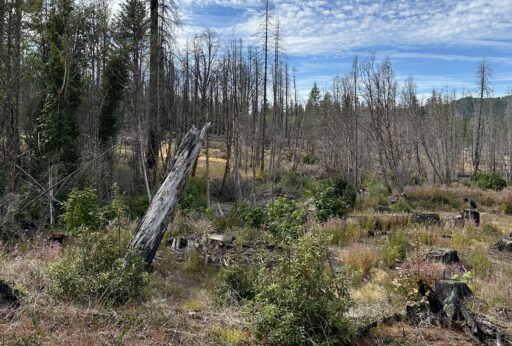
Three years ago, at the end of the ill-fated summer of 2020, George and I went to our off-grid mountain cabin as we had for so many years. Our cabin was in a little enclave of summer homes perched along a snow-fed river within an Oregon old growth and second growth forest. It was situated a couple of hours from our home in the Willamette Valley.
When we heard about wildfire to the east, we were more concerned about the effects of smoke combined with Covid than we were with fire’s spread. Our Anniversary only a day away, we thought we’d stay one more night, After all, we’d weathered storms there before. Then the local rural fire department stopped by to upgrade our evacuation status to Go. We agreed that this was a most excellent idea.
As soon as we finished staining the decks.
With the dozen or so other cabin owners gone, the forest had gone strangely silent.
While we were closing up, I looked around for Calvin, our little white designer mutt. I called his name. No response. We searched the woods. Nothing. A few panicked minutes later, I found the little guy quaking and refusing to get out from under our car. I crouched on all fours to pull him into my arms.
That’s when time stopped. I saw myself in an eerie tableau, surrounded by the vertical green uprising of a heavily wooded two-hundred-year-old forest of at least 13 varieties of ancient trees and countless species of animal life, and yet no chipmunks or jays squawked into the vacuum.
At that moment it still didn’t occur to me that any part of what was present all around us could ever be lost. The silence was that deep and that wide, an enormous space filled with a world of peace. I sat quietly, savoring the enormity of the feeling.
Meanwhile, the staining done, we snapped into autopilot, locked up and left, leaving the guestbook of cabin history we always left on the kitchen table for posterity.
A toxic yellow cloud tailgated us for the entire the 85-mile trip back to our hometown. It arrived at our doorstep along with us, having traveled roughly 70 miles an hour. This was the same cloud that broke records for air pollution and later settled around the entire globe.
That day, of course, we didn’t know any of this. All we knew was that the radios on the ground were gone and only a couple of firefighters were fending off destruction of a historic lodge and retreat center. The next couple of days we were part of an informal network, trying to guess from Forest Service maps which of our cabins had gone up in smoke. We guessed and said goodbye to one summer home after another via chats. Months later we finally learned that 69 burned. The mystery of the one that remained has yet to be solved.
It’s been three years since what has come to be called the Labor Day Conflagration of 2020, which drove those faraway fires to burn that entire valley and so many more throughout the West.
I refused to return to the site of destruction when my husband and others made trips there. I simply wasn’t ready. This allowed me to create an untouchable cabin tableau in which every corner of my mind is filled with sentimental objects from a century of family life. This included family quilts, even the one we once huddled under after we first made love in his college apartment. In the corner was an irreplaceable handmade cajon my husband bought on the street in Havana from a Cuban drummer, and the walls were covered with maps of the area and original art created by friends. All alive now, preserved only my memory. Beautiful and inviolate forever.
Last weekend I finally returned to the burn. When we arrived at the knoll that once held our summer home, the sky was open and the nearby mountaintops were suddenly visible, a new backdrop to the mass graves of piled logs. Instead of being flattened by a sense of emptiness and loss as I had expected, I stepped into a familiar and soothing refrain: the buzzing and bumbling of dragonflies and horseflies, competing with jays and crows for airtime. Purple fireweed heathered all the clearings, their cheerfulness broken by black horizontal stripes of fallen wooden soldiers.
I looked up to see the shell of a tall tree that had once been the best view from our outhouse, as it stood tall pointing to the stars and moon. It was still vertical. Remembering how I once piled stones there, I reached down to find a sleek river rock, once black and now a mottled red. It was hot. I stood quietly, in awe of the power of fire, whether from the sun or wildfire. Ghosts of old growth cedar and yew and spruce and fir stood in silent sentry around us, witnesses of an older order. There was some solace in the sheer force of destruction.
in the middle of the scene was a giant redwood snag I had called the Grandmother. She had been my mentor, my elder, my friend and meditation teacher for 17 years.I even introduced her to my real-life mother. Each time I had arrived at the cabin and each time I left, I had greeted her, honored her enormous life cycle, noticed how she was leaning but still unbowed, sheltering frilly ferns and thick moss at her base. And here now just beyond the clearing she leaned, her bark whitened above the flame mark, and yet her roots still held firm, deeply connected in the earth.
The deep well of destruction. The buzzing sounds of creation. All of this held in the enormity of a moment of Silence.
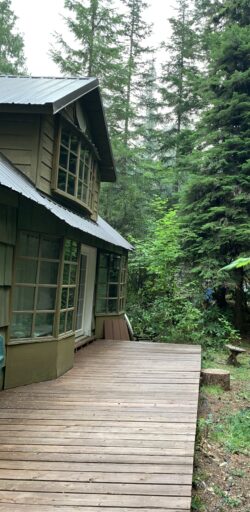
Fireweed Dance
Yesterday I hobnobbed with ghosts,
danced on the grave of the ancient forest,
trucked with shadows from the trees.
I did the fireweed dance
The mullein dance, the dragonfly dance
On that place where something else once stood.
And then
for a still moment there was and there wasn’t
an absence of anything,
even that cabin with the shaky floors
and the stained-glass skylights
once dwarfed by forest giants
now eloped, fused together forever
carried away
by the mountain wind
— SgB 2023
Life Is a Demanding Lover
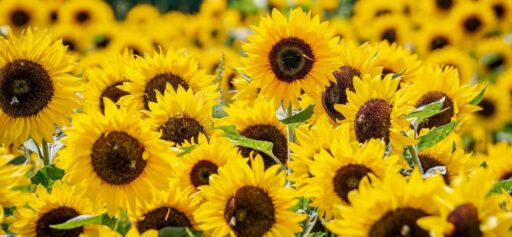
This summer I turned a new page in my imagined book of life. Perhaps it’s even a new chapter. I’ve done the math so many ways: I’m entering the last quarter of my life (if I live to a hundred). Or, more realistically it’s the last one-sixth of life coming up (if I top out at ninety). In other words, I turned 75.
It took me a while to come out because, for the first time in my life, I didn’t feel so proud of my age. Perhaps all the ageist humor about my generation has taken root in my head. Or maybe it’s the Post-it notes I unintentionally slap on to “people of that age,” a lifetime habit. Yesterday when I was at the hospital for a routine procedure, a nurse looked at my chart and asked if they got my age right and gave me a Girlfriend Thumbs-up.
For a long time now people have seemed sincerely surprised when I reveal my age, having assumed that I’m still in my youthful sixties. Or at least that’s what they say. So maybe I’m not the only one with the Post-It notes.
I spent most of the early summer in a Life Review Project. What a luxury to be able to take slow-down time to question childhood assumptions and discover lessons that life just keeps teaching me! The more I look inside, the more I see. I still have a host of other assumptions and beliefs about EVERYTHING having to do with aging. The truth is I’m fortunate to be reasonably healthy. As far as I know, no wicked cells are lurking in my body planning a coup. And, although my memory for details is sometimes hazy, it feels like something stronger has taken hold. Perhaps it’s wisdom, grounded in the losses of these years which serve as continual reminders of life’s impermanence.
Besides, it’s very clear to me that my Eternal Self has no age whatsoever. She also doesn’t even have a name, she reminds me, usually with a wink.
A T-shirt caught my eye while I was on a recent ramble. Reality is a Demanding Lover, it said. The phrase resonates like a Zen koan. I remember all the times I’ve bet against Reality and lost, discovering in the process what it takes to truly cooperate with Life. The longer I think, the more I notice myself writing another, equal, message, perhaps for the back of the T-shirt: Reality is a Generous Lover.
And I know both are true. Life has sometimes slapped me with demands that I never would have believed that that I would be able to meet. And then it has generously showed me that there is more than enough support to meet it all. The more often I surrender to reality, the easier life goes. And so I surrender once more. When all is said and done, my initiation to the last one-sixth of my life has left me with more clarity. I’m officially committing to spend the rest of my life learning to love life better, whether reality is demanding or generous. I’m down for all of it.
May your passages be as gentle.
- ——
Wounded Love
I
Last night a drawing caught my fancy.
Wounded Man.
500 years old,
A cookie cutter outline of a human form
Impaled by knives,
by swords, by arrows
pierced ten, twenty times, more,
soon to become an index for the very
first doctors.
Wound Woman,
I thought,
That’s what I feel like today,
I see this body,
riddled as it is
by wear,
by steps and missteps
held together
for a time
by miracles
and titanium.
I think of this
brave heart,
how it expands
again, again, again after each break.
I looked down to see
a landscape carved by life.
In gratitude,
I call all of this Me.
II
I take Me out to a concert in the park.
How’s your summer going?
The standard greeting rushes out
when I see my
long-missed friend.
Then, remembering his body’s battle with cancer,
I tender the next question
How are you feeling?
Okay, he answers,
on the weeks I don’t have chemo,
That’s half the time,
which is pretty good.
He tells me of trips to see his sons,
stare at the stars, listen to music
savor the company of friends
How do you keep going? I ask,
suddenly aware of my complaints
of creakiness and fatigue.
He gently holds my eye.
I love life, he says simply.
And that answer catches the breath
and still rings bright and true
as summer breeze turns to fall.
— SgB 2023
